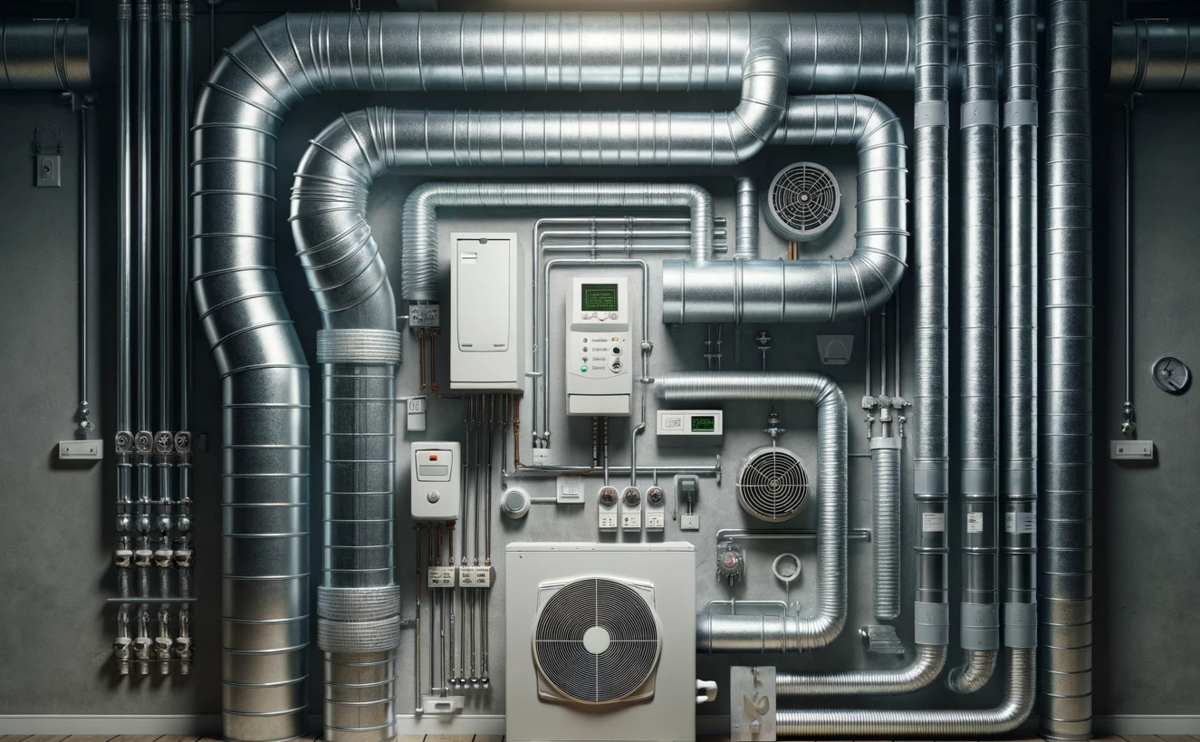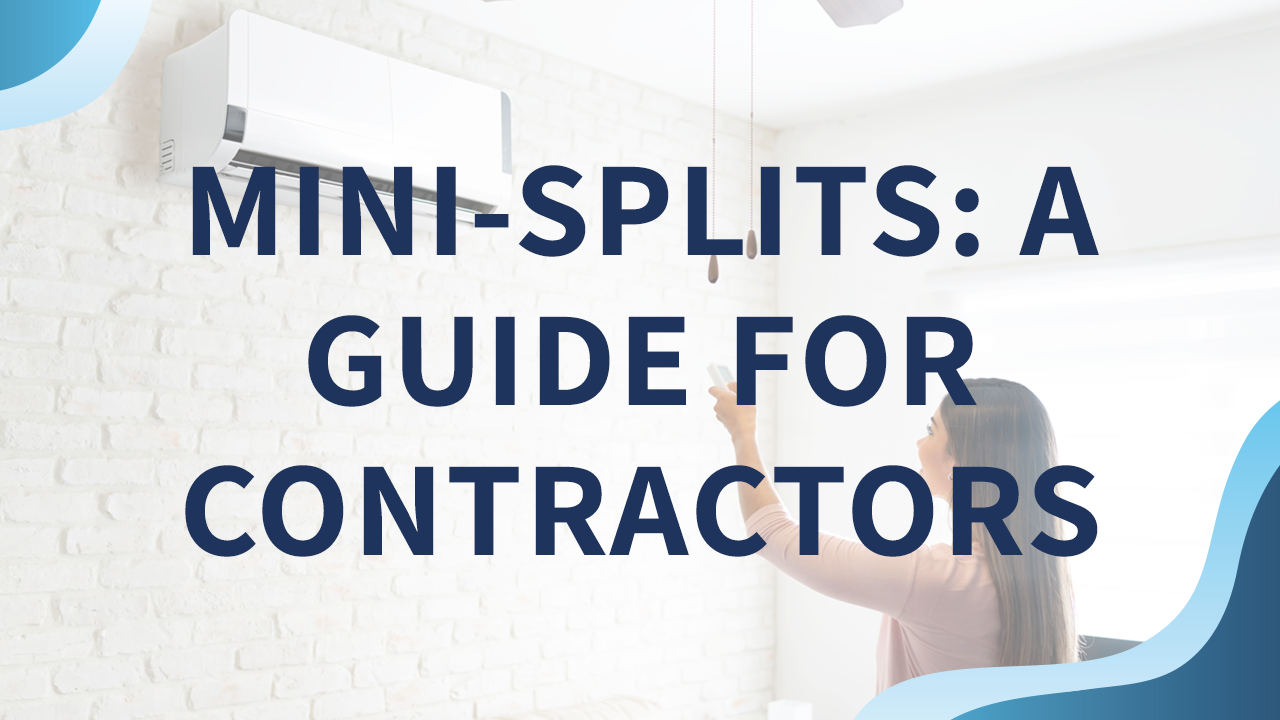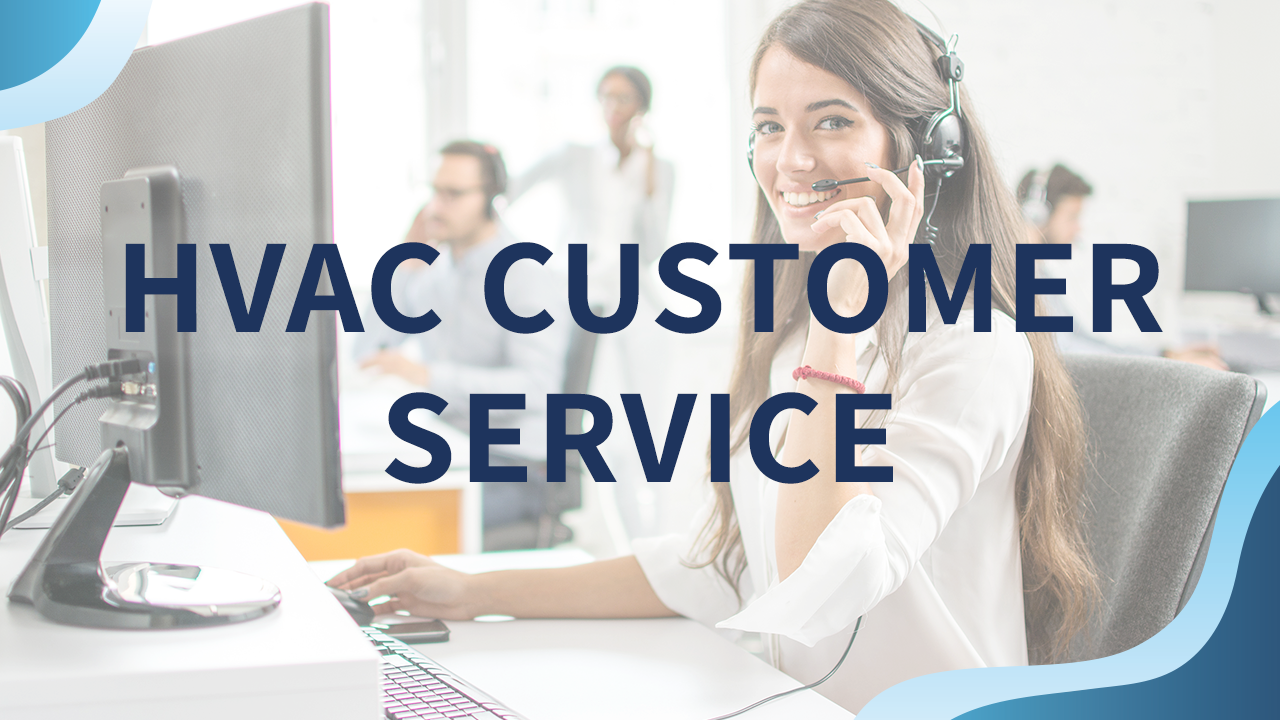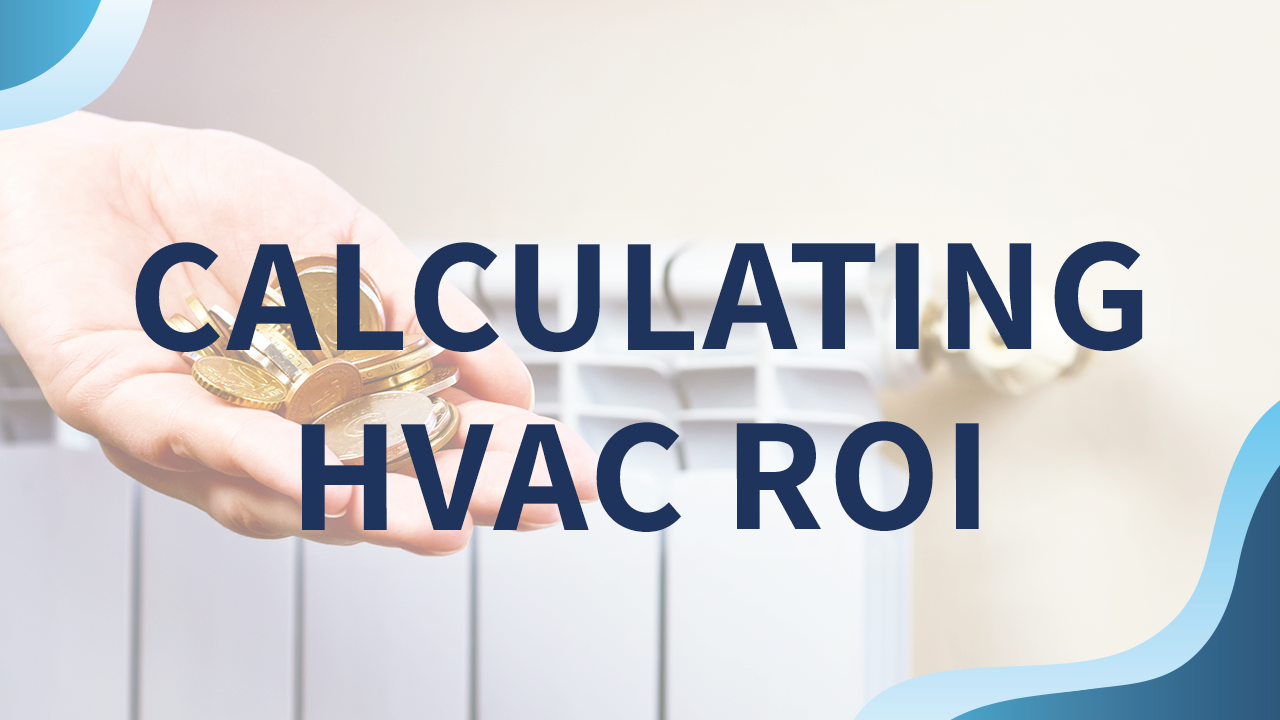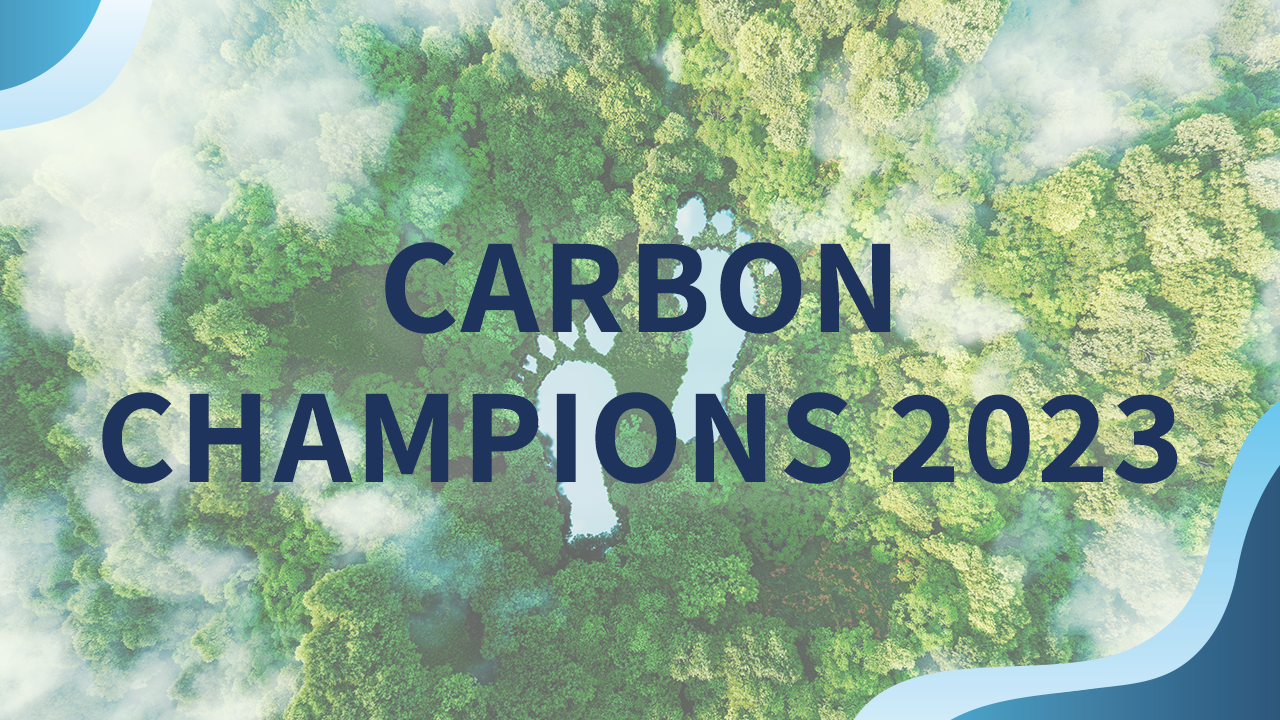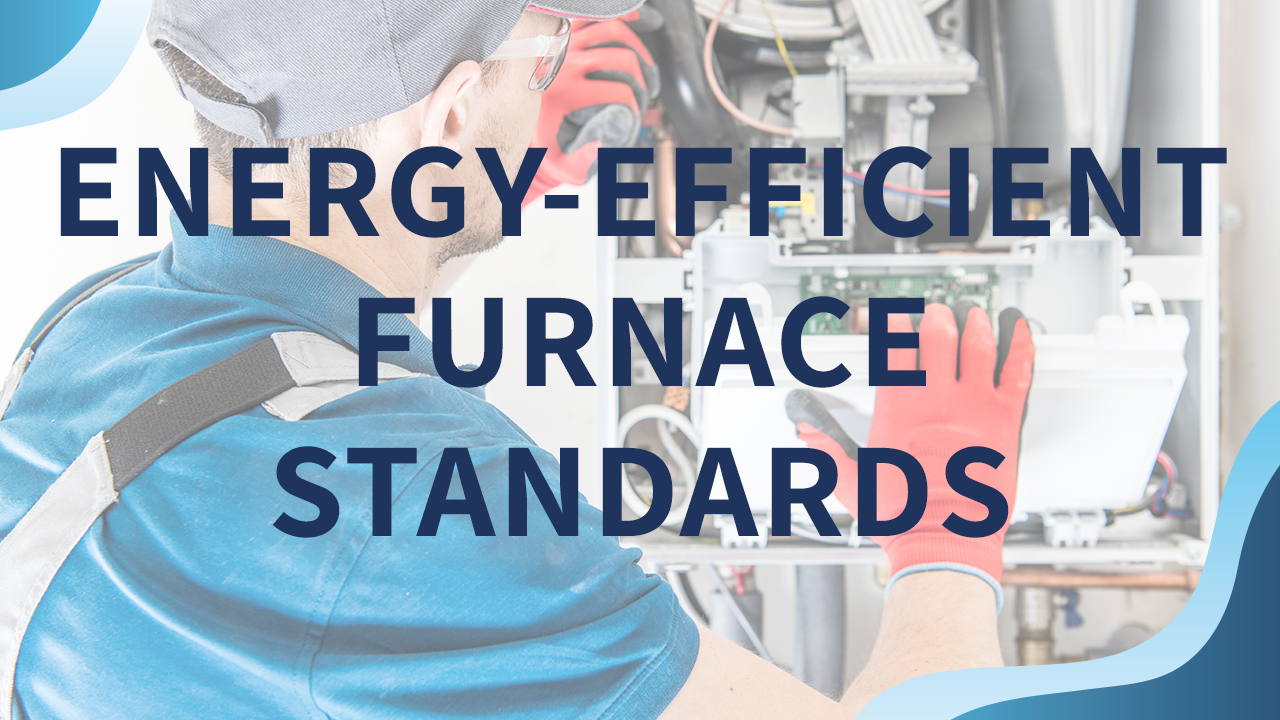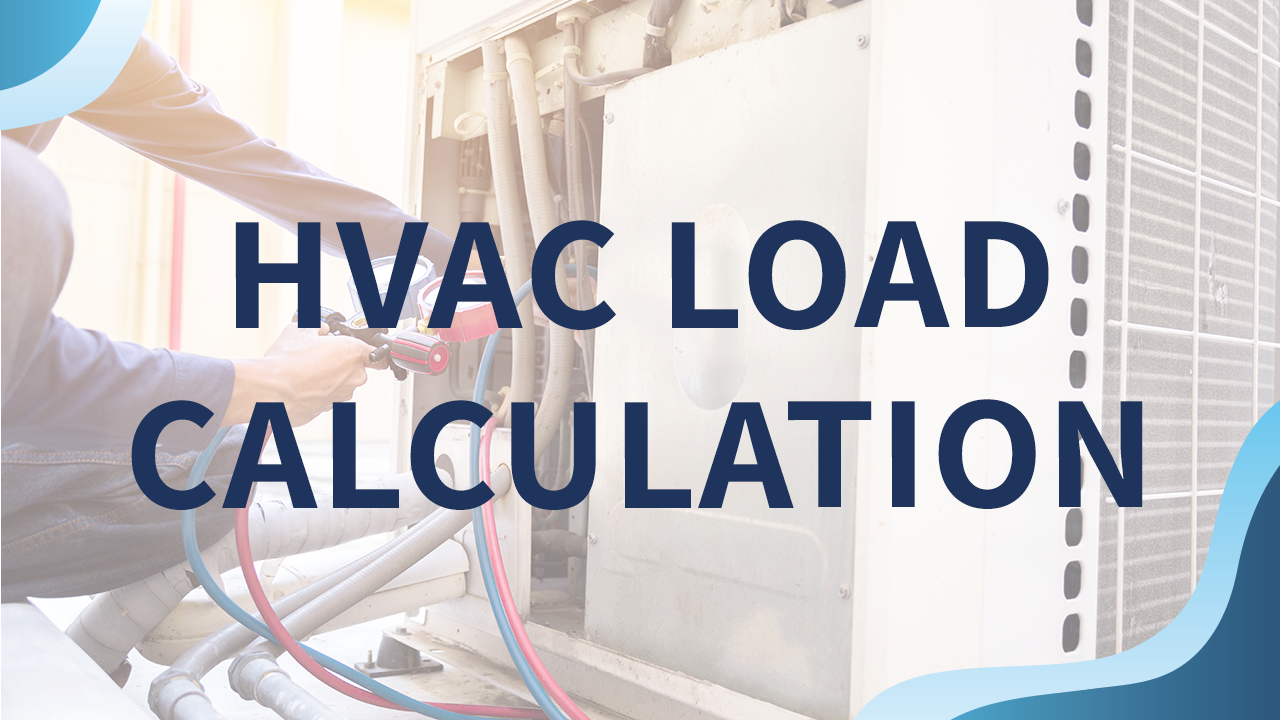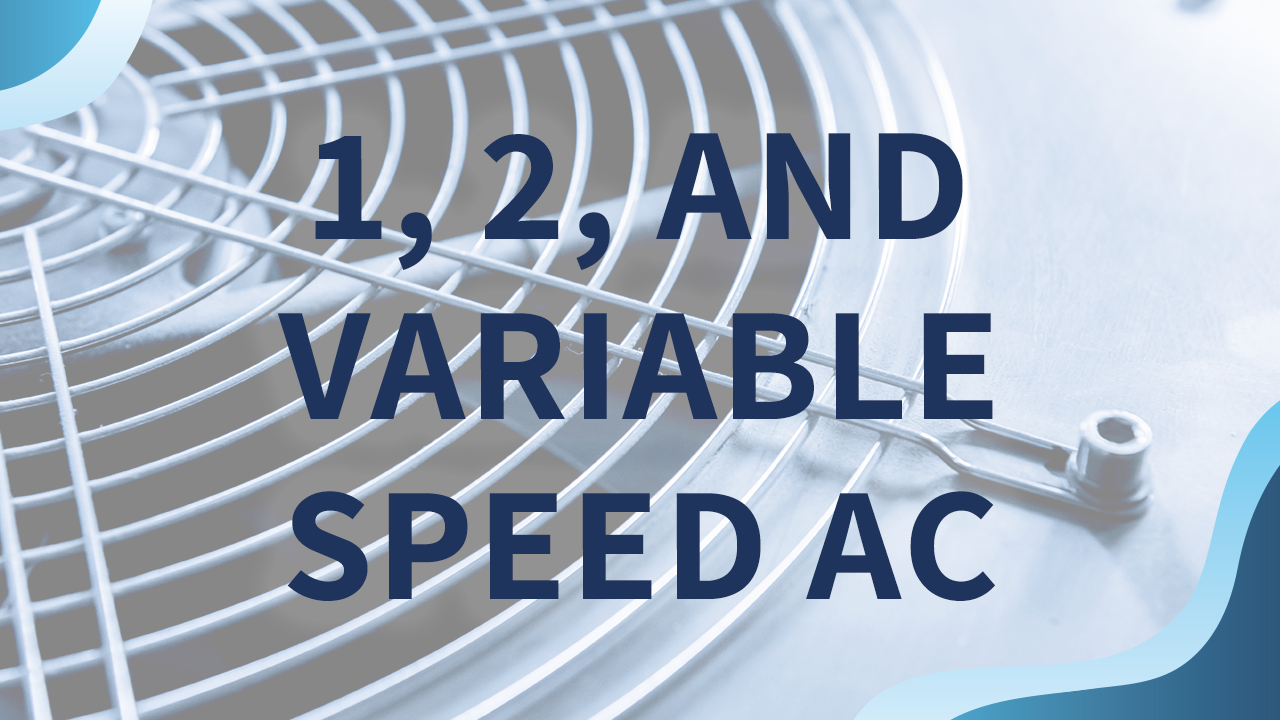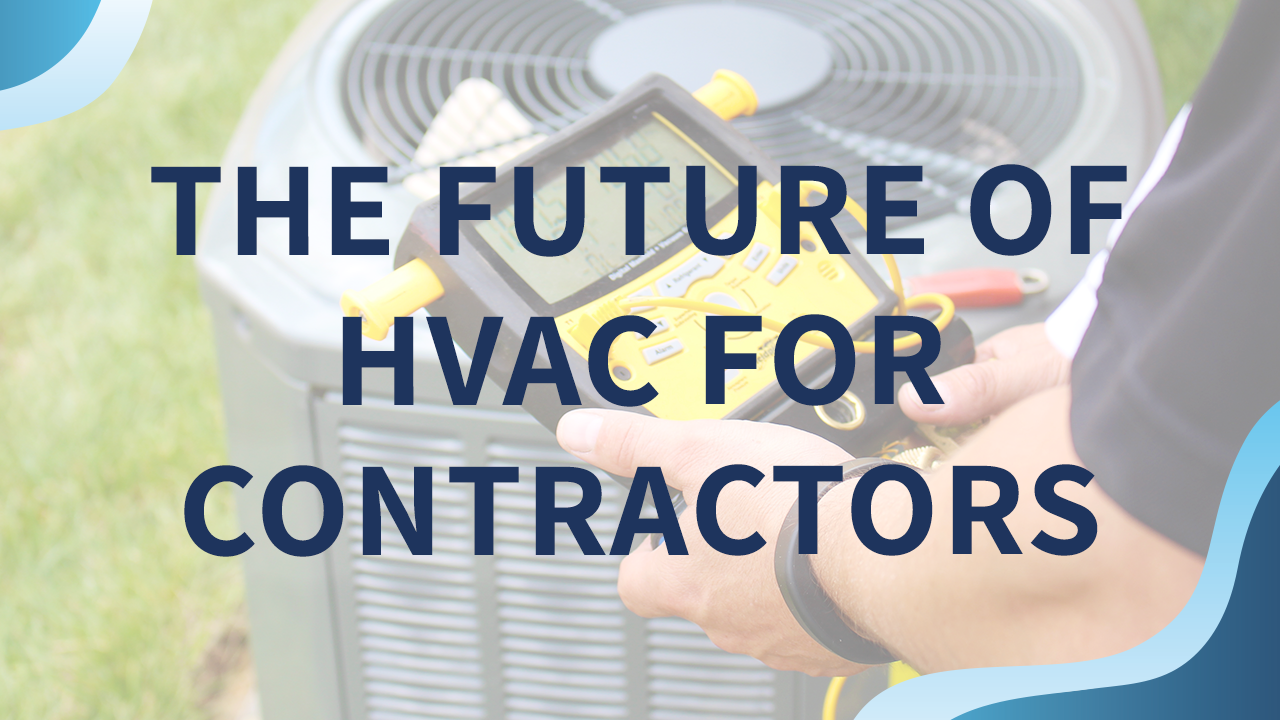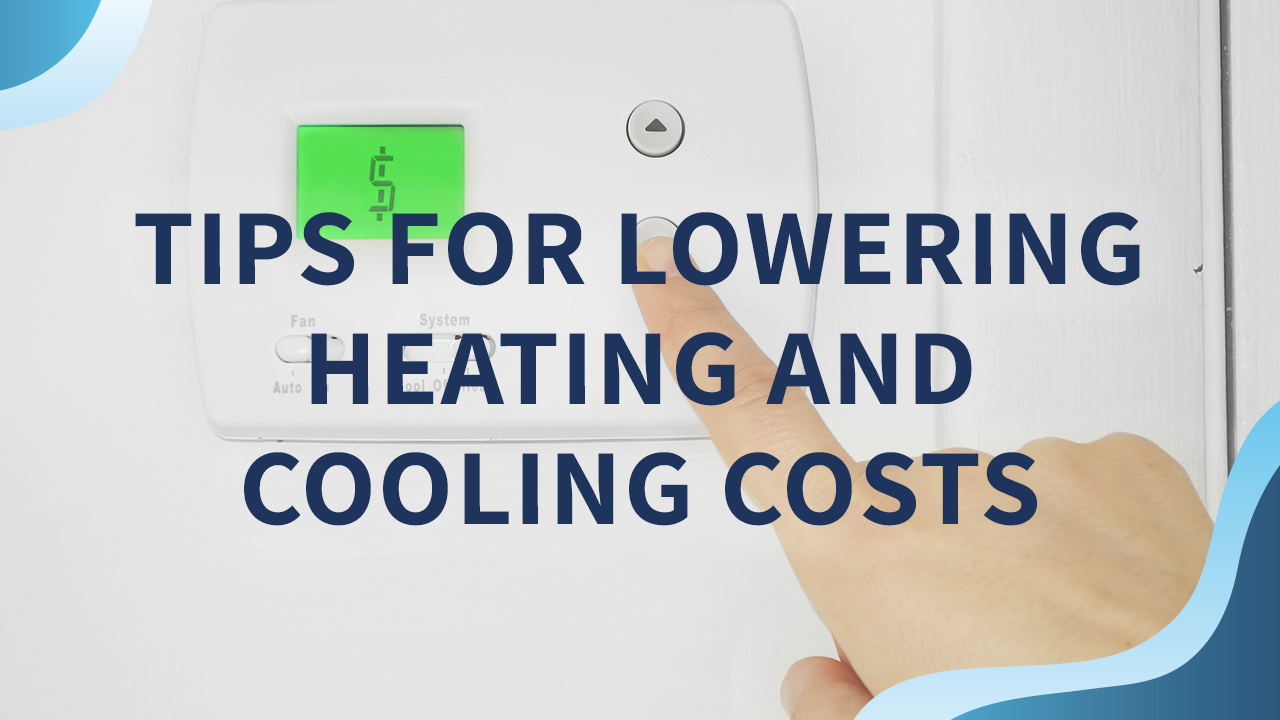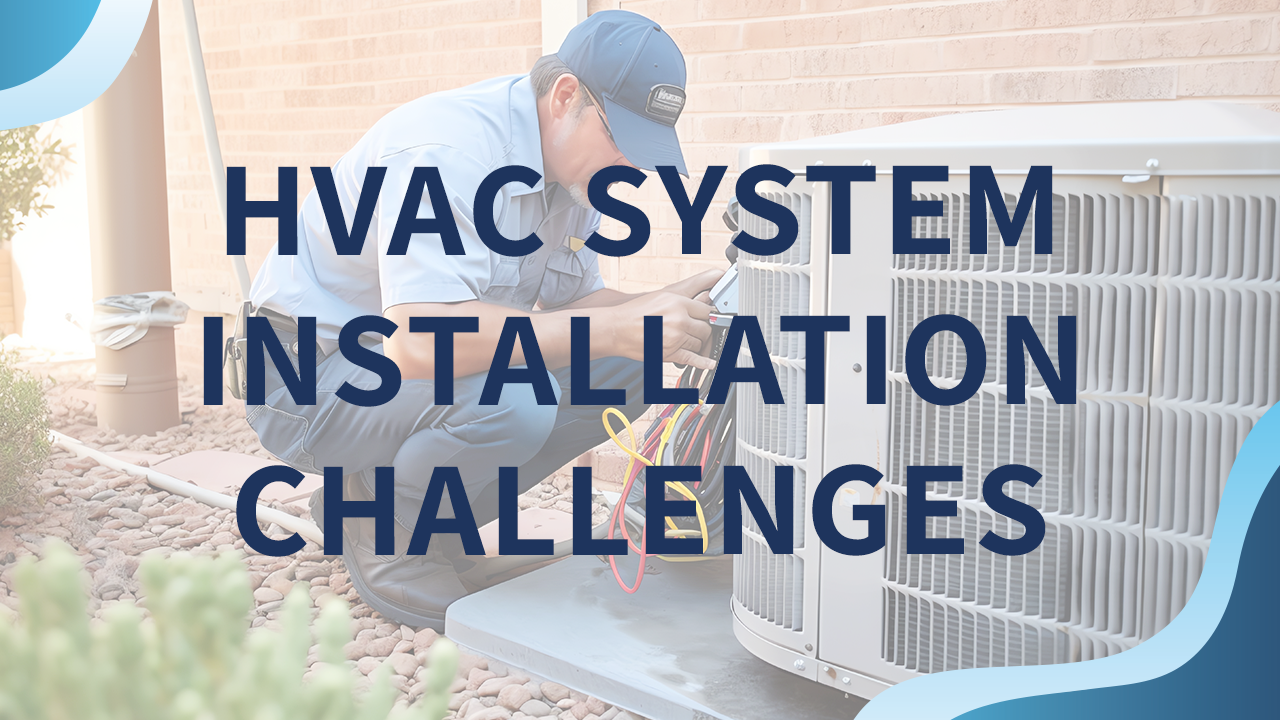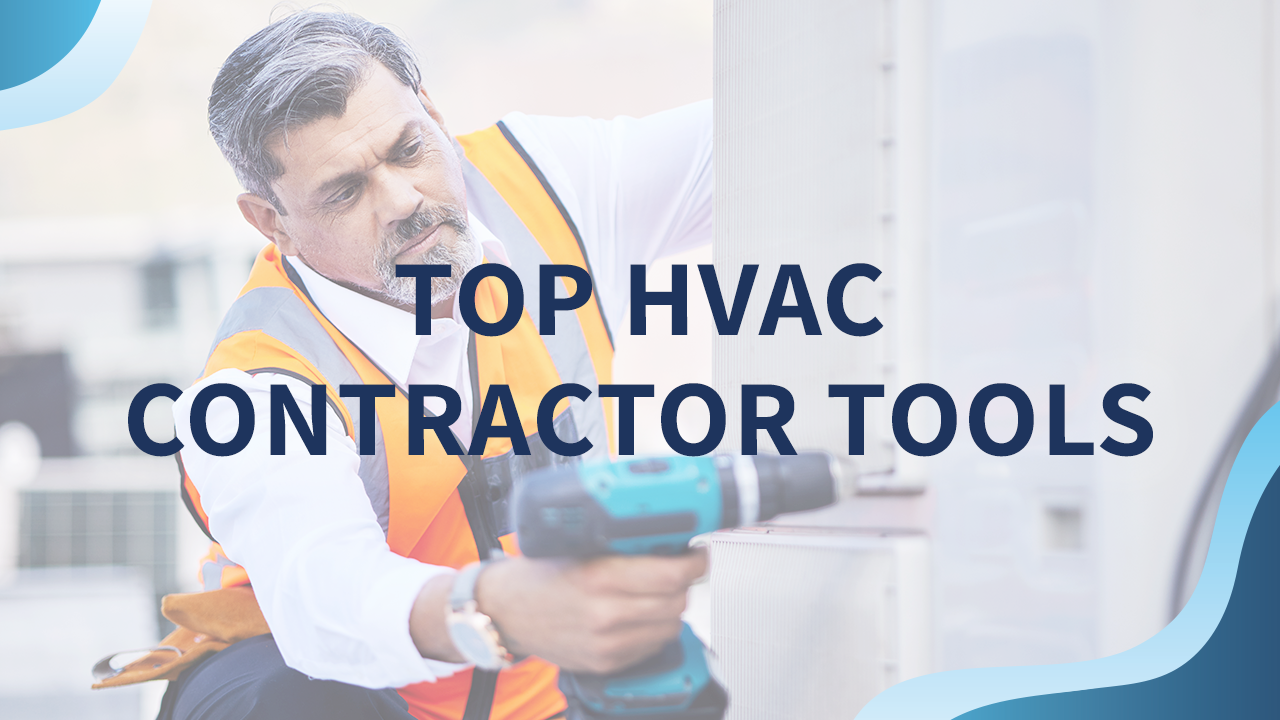Understanding the cost of installing a new HVAC system presents a challenge, given the array of factors that influence the final price.
Homeowners and property managers must consider various elements, including the size of the area requiring heating or cooling and the type of system best suited to their needs. These components play a crucial role in shaping the investment needed for a new installation.
The complexity of calculating these costs underscores the value of a dedicated tool.
An HVAC system cost calculator simplifies the estimation process, offering clarity and aiding in informed decision-making. By itemizing expenses, property owners gain insight into the financial commitment involved.
As standards for energy efficiency progress and HVAC technologies advance, precise cost estimation becomes increasingly important.
A cost calculator acts as a vital tool, harmonizing technical HVAC considerations with the practical financial planning required by property managers. It ensures that investments in new HVAC systems are both well-planned and economically sound.
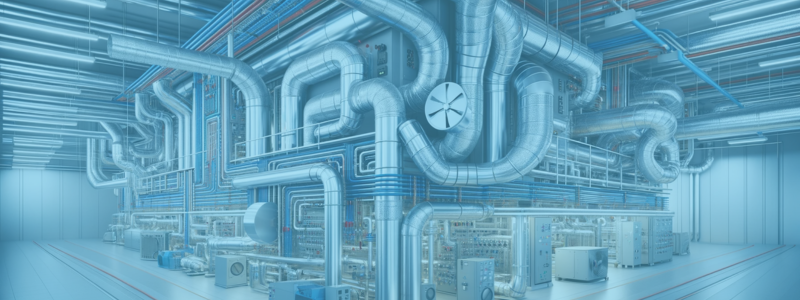

Understanding HVAC Systems
An HVAC system serves as the respiratory network of any residential or commercial property.
It not only regulates the temperature to keep the environment comfortable regardless of the season, but it also ensures that indoor air quality is maintained at healthy levels.
The importance of a well-functioning HVAC system extends beyond comfort, impacting energy consumption and by extension, the cost of utility bills.
When considering a new system, it’s crucial to understand the various HVAC types available, each with its own set of benefits and general cost implications:
Central Air Conditioning
Central AC uses ducts to distribute cool air throughout the property. It’s ideal for cooling multiple rooms efficiently and is often paired with a central heating system. While the upfront cost can be significant, central air systems typically offer long-term savings through energy efficiency.
Ductless Mini-Split Systems
Ductless mini-split systems provide targeted heating and cooling without the need for ductwork, making them suitable for homes without existing ducts or for room additions. They are more expensive per unit than central systems but offer the advantage of zoned temperature control, which can reduce overall energy costs.
Heat Pumps
Heat pumps work by transferring heat from one place to another. During warmer months, they act like an air conditioner, removing heat from your home and in cooler months, they do the reverse. They are energy-efficient and can result in lower utility bills, but the initial installation cost can be higher than traditional HVAC systems.
Geothermal Systems
Utilizing the stable temperature of the earth, geothermal systems are among the most energy-efficient types of HVAC. They require a higher upfront investment due to the need to install underground pipes, but they offer significant savings on energy bills and long-term operational costs.
Packaged Heating and Air Conditioning Systems
These are typically housed in a single cabinet that contains both the heating and cooling units, often installed outdoors. They are a space-saving solution, especially for smaller homes or businesses and can be less costly to install than separate heating and cooling systems.
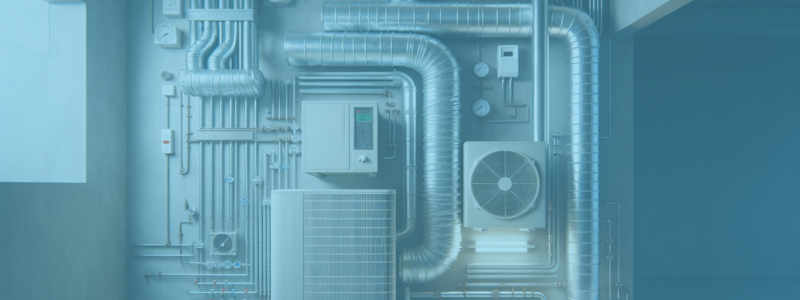

Factors Influencing New HVAC System Costs
These elements not only determine the upfront cost but also the ongoing preventative maintenance expenses that ensure the system operates efficiently for years to come.
Regular maintenance is crucial, as it can prevent costly repairs and extend the lifespan of the system, ultimately affecting the total cost of ownership.
Several key factors affect the cost of a new HVAC system, including:
- System Size – The capacity of an HVAC system should match the size of the space it needs to service. A system that’s too large can lead to unnecessary energy consumption, while one that’s too small won’t effectively manage the climate, leading to increased wear and tear.
- Property Size – Larger properties will require HVAC systems with greater capacity, which can increase the cost. The layout of the property, including ceiling heights and open spaces, can also impact the system’s efficiency and, consequently, its cost.
- Climate – The local climate dictates the intensity and frequency of HVAC system use. In areas with extreme temperatures, a more powerful system is necessary, which can elevate the initial investment and operational costs.
- Energy Efficiency Ratings – Systems with higher energy efficiency ratings, such as those with ENERGY STAR certifications, may have a higher purchase price but can offer significant savings on utility bills over time.
- Brand – Premium brands often come with a higher price tag due to their reputation for quality, durability and advanced features. However, they may also offer better warranties and lower maintenance costs.
- Installation Complexities – The complexity of installing an HVAC system can vary greatly. Factors such as the accessibility of installation sites and the need for additional ductwork or infrastructure can increase labor costs and the overall project price.
Motili’s Cost-Effective HVAC Solutions
Motili stands as a beacon of expertise and reliability in the HVAC industry.
With a deep understanding of the complexities involved in heating, ventilation and air conditioning systems, Motili offers more than just services; it delivers comprehensive solutions tailored to the unique needs of each client.
The company’s commitment to excellence is evident in its meticulous approach to both design and implementation of HVAC systems.
At the heart of Motili’s operations, however, is a steadfast dedication to customer service.
The company prides itself on its ability to provide personalized attention, ensuring that every client’s experience is seamless and satisfactory. That satisfaction includes identifying the right system as the right cost.
Motili leverages cutting-edge technology and industry-leading practices to deliver HVAC systems that are both efficient and economical.
By prioritizing energy efficiency and longevity, Motili helps clients minimize their long-term costs, from reduced energy bills to lower maintenance expenses.
Tips to Prepare for Your HVAC Investment
The installation of a new HVAC system requires careful financial planning.
A well-thought-out budget ensures the investment improves the property’s value and comfort without causing undue financial strain.
By considering all the variables that contribute to the cost of a new HVAC system, property owners can set realistic expectations and save for this significant upgrade.
The following tactics can help you budget for a new HVAC system:
- Assess Your Needs – Evaluate the specific heating and cooling needs of your property. A professional assessment can help determine the appropriate system size and type, preventing overspending on unnecessary features.
- Research and Compare – Investigate various HVAC models and their prices. Look for systems with high energy efficiency ratings that may cost more upfront but provide savings in the long run.
- Consider Financing Options – Explore financing options if paying upfront isn’t feasible. Many companies offer financing plans that can spread the cost over time.
- Plan for Additional Costs – Remember to account for potential extra HVAC installation costs like ductwork modifications or upgrades. These incidental expenses can significantly affect the overall budget.
- Seek Rebates and Incentives – Look for rebates and incentives offered by manufacturers or government entities. These can reduce the initial investment required for energy-efficient HVAC systems.
- Get Multiple Quotes – Obtain quotes from several contractors. This will give you a clearer picture of the market rates and help in finding a cost-effective solution.
- Prioritize Quality Over Price – Invest in a quality system from a reputable brand. It may be tempting to choose the cheapest option, but higher quality often translates to better efficiency and longevity.
- Review Warranty Options – Understand the warranty options available. A good warranty can offer peace of mind and protect against future costs.
The importance of professional consultation and installation cannot be overstated when preparing for an HVAC investment.
Experts bring invaluable knowledge and experience, ensuring that the system chosen meets the specific needs of the property and is installed correctly.
Professional installation not only guarantees the system’s efficiency and safety but also ensures that the warranty remains valid.
Engaging with professionals from the start can save time, money and hassle in the long run, solidifying the value of the investment.
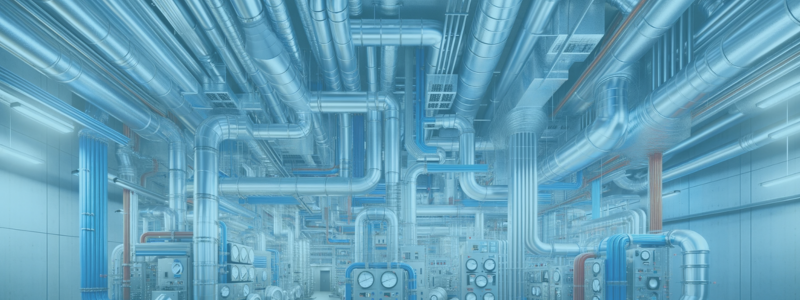

Calculating Your HVAC Costs Benefits Your Budget
It’s about more than just the price of the equipment; it’s also about comprehending the full spectrum of expenses, from installation to ongoing maintenance.
By taking into account the various factors that influence cost, property owners can budget effectively, ensuring they make informed decisions that balance upfront expenses with long-term savings and efficiency.
With the right approach and professional guidance, the investment in a new HVAC system can enhance comfort, improve air quality and contribute to a property’s overall value.
